I'm using Azure Scheduler to place a message in a topic in Azure Service Bus. In Azure Scheduler I have entered the following information in the "Message" property:
{"StartTid":null,"Id":"c594eab8-382c-49ec-ba9c-2db0aaf5e167","CreationDate":"2018-02-11T17:42:42.9823622Z","TenantId":null}
When retrieving the message from my app, using this code:
var messageData = Encoding.UTF8.GetString(message.Body);
The message I get looks like this:
@string3http://schemas.microsoft.com/2003/10/Serialization/�{{"StartTid":null,"Id":"c594eab8-382c-49ec-ba9c-2db0aaf5e167","CreationDate":"2018-02-11T17:42:42.9823622Z","TenantId":null}
It seems like Azure Scheduler is adding information to the message.
What is the correct way to retrieve only the message I entered in Azure Schedulers Message property without get all the garbage?
